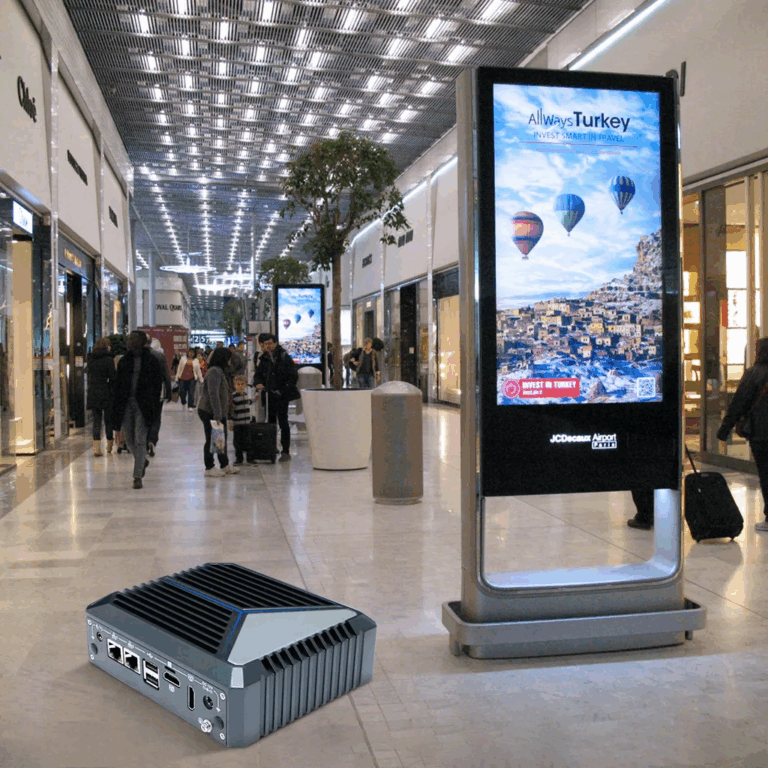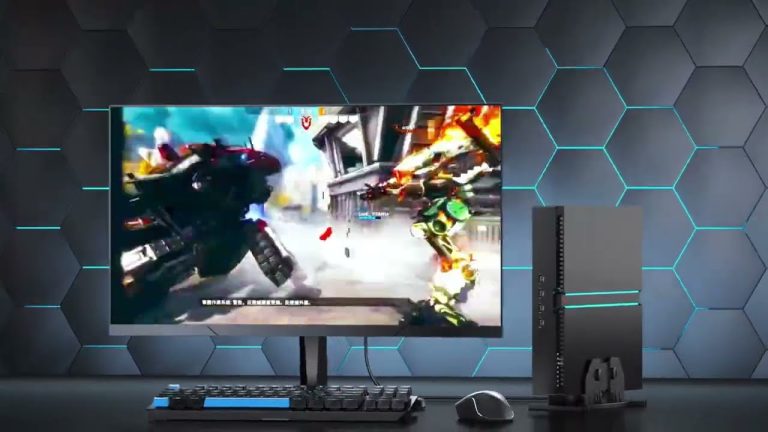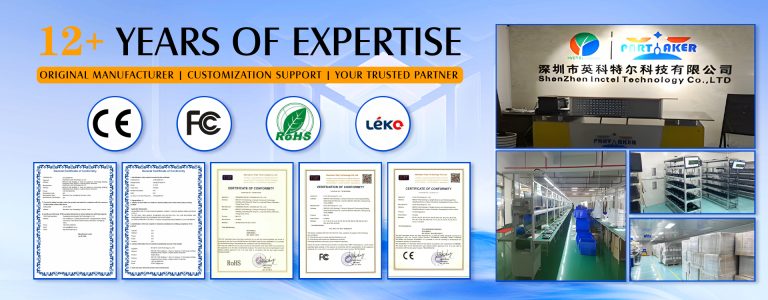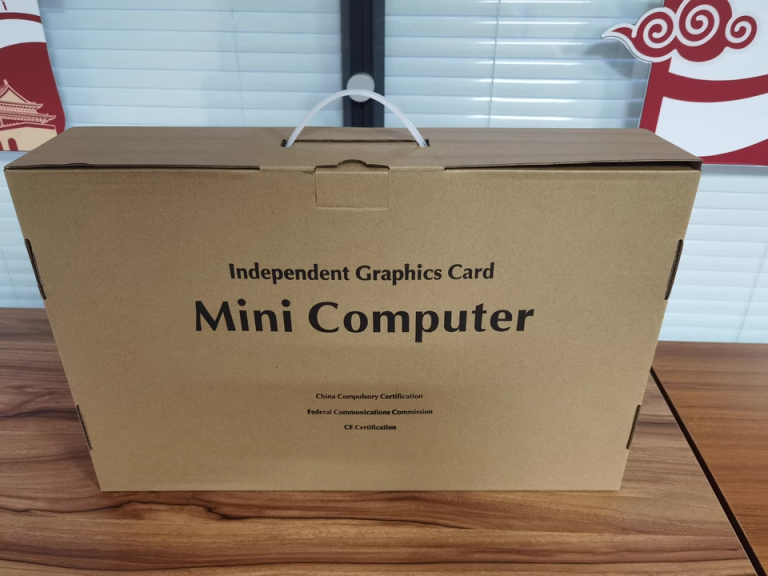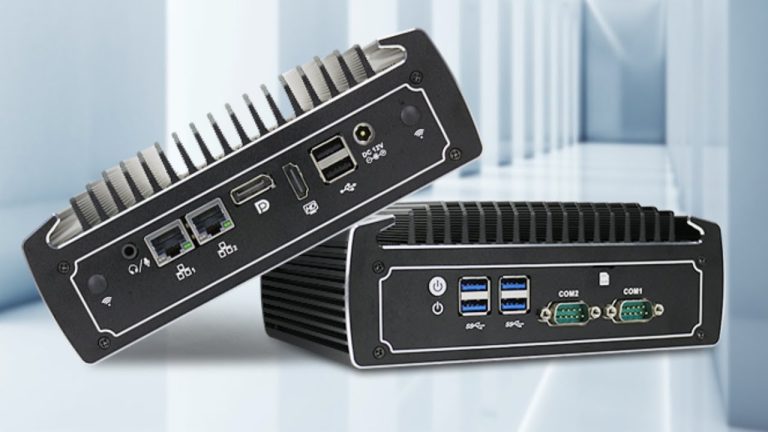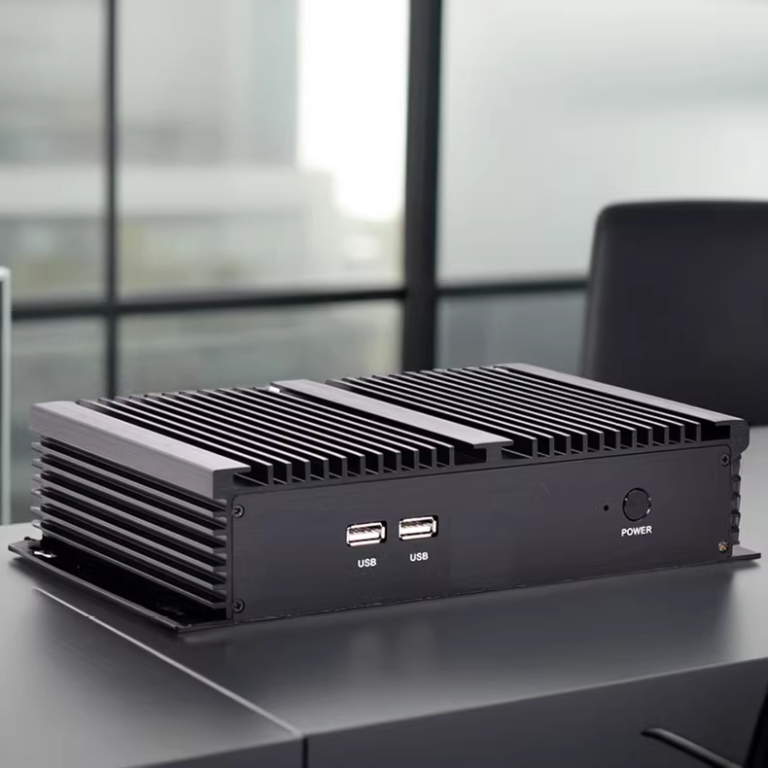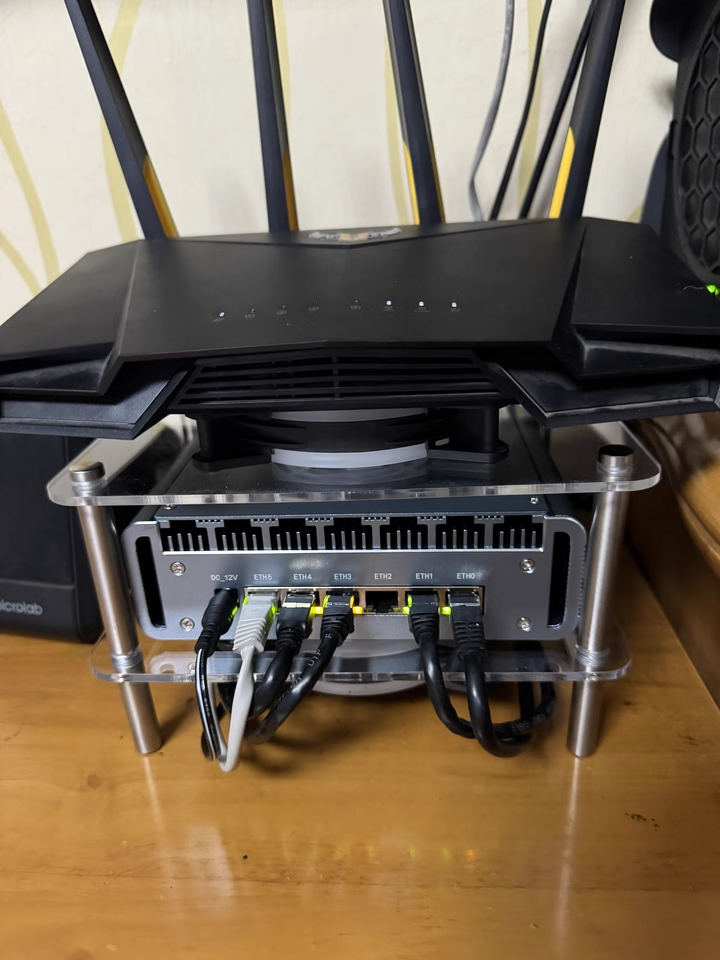With less room for airflow and fewer cooling components than their larger counterparts, Mini PCs are often more susceptible to overheating. This can lead to reduced performance and lifespan of the device. Today, we explore why Mini PCs are prone to heat issues and provide practical tips to help keep your Mini PC cool.
Is Mini PC Easier to Overheat than Other PCs?
Yes, Mini PCs are generally more susceptible to overheating than larger PCs like desktops or towers. Mini PCs have a compact design, which significantly limits the space available for airflow and the size of cooling mechanisms that can be installed. This tight spacing means that heat generated by components, especially powerful processors, is more likely to accumulate within the device. Since these components are closer together compared to a larger PC, the heat from one can more easily affect others, increasing the overall temperature inside the Mini PC.
Mini PCs often house powerful processors in their tiny cases, pushing the thermal envelope of what their limited cooling systems can handle. An example is that a high-performance CPU can pump out quite a decent amount of heat when running at full capacity. Without adequate cooling, this heat can build up quickly, leading to thermal throttling. This is where the CPU automatically reduces its speed to prevent overheating, impacting the overall performance of the PC.
Tips on Cooling Down Your Mini PC
Keeping your Mini PC cool is crucial for maintaining its performance and extending its lifespan. Here are some practical tips that can help you manage heat in your Mini PC effectively:
- Enhance Airflow: Make sure your Mini PC isn’t in a cramped space. It needs ample air around it to allow heat to dissipate effectively. Avoid placing it near heat sources such as radiators or in direct sunlight to prevent additional heat accumulation.
- Upgrade to Efficient Cooling Systems:
- Air Coolers: Consider using enhanced air coolers which are energy-efficient and reduce noise while cooling your Mini PC more effectively.
- Liquid Cooling Systems: For more intensive cooling needs, especially if you are using your Mini PC for gaming or heavy computing tasks, liquid cooling systems are superior. They utilize coolant-filled tubes to effectively draw heat away from the components, thus maintaining lower temperatures even under load.
- Heat Sinks and Thermal Pads: Utilize compact heat sinks designed for small form factor cases, which help dissipate heat effectively. Similarly, high thermal conductivity thermal pads can improve heat transfer from the components to the heat sinks.
- Monitor Temperature Regularly: Use software tools like HWMonitor or SpeedFan to keep an eye on your system’s temperature. This will help you identify heat spikes early and manage them before they lead to hardware throttling or damage.
- Adjust Fan Speeds: Many Mini PCs allow you to control the fan speeds. Increase the speed during high-performance tasks to help push hot air out more efficiently, and reduce it during lighter tasks to conserve energy and reduce noise.
- Regular Maintenance: Dust buildup can insulate components and trap heat within your Mini PC. Regular cleaning of air vents and internal components with compressed air can prevent this issue and aid in better heat dissipation.
Final Words
Maintaining optimal temperature in your Mini PC can ensure stable performance and prolong its lifespan. Understanding the unique challenges associated with cooling a smaller system and implementing these practical tips, you can effectively manage heat in your Mini PC.




